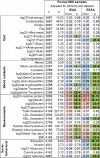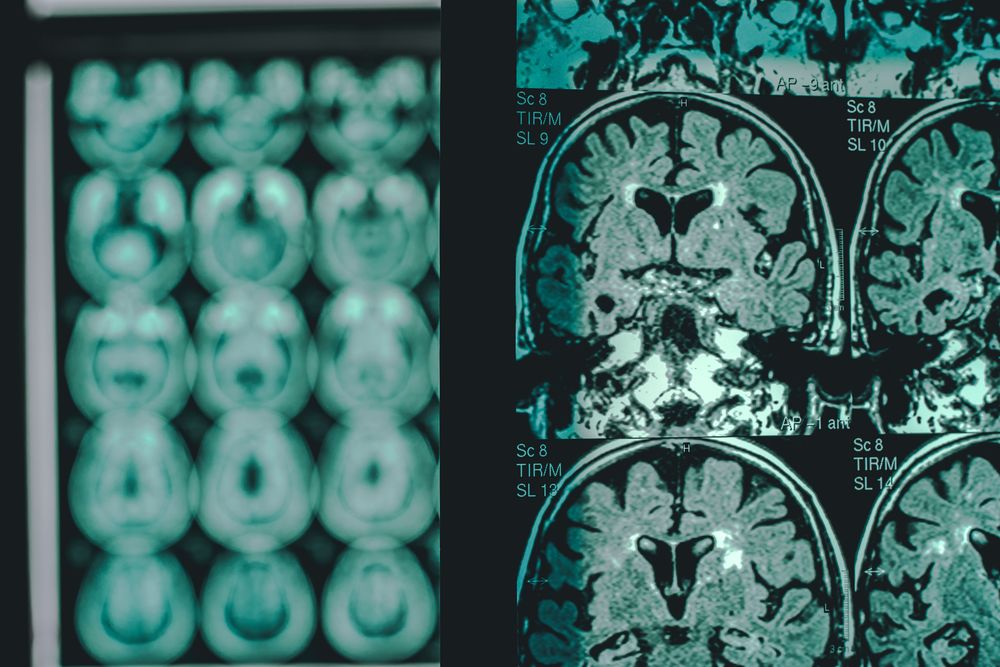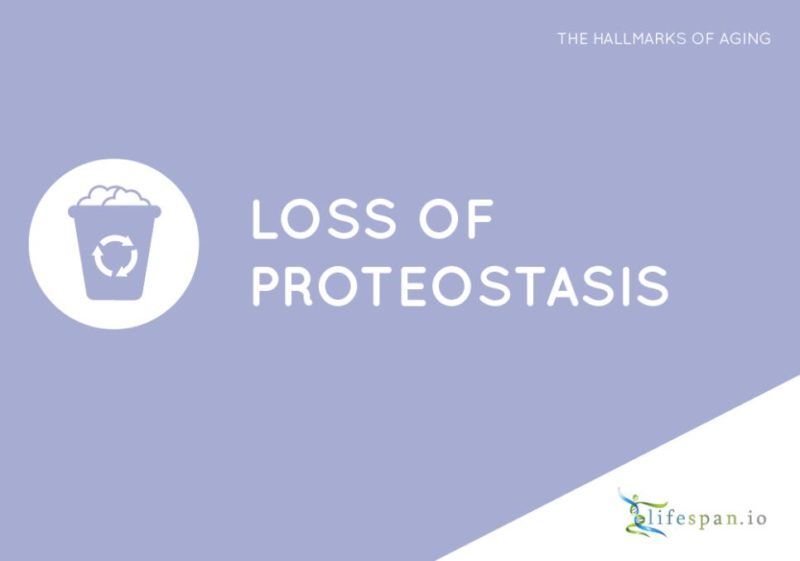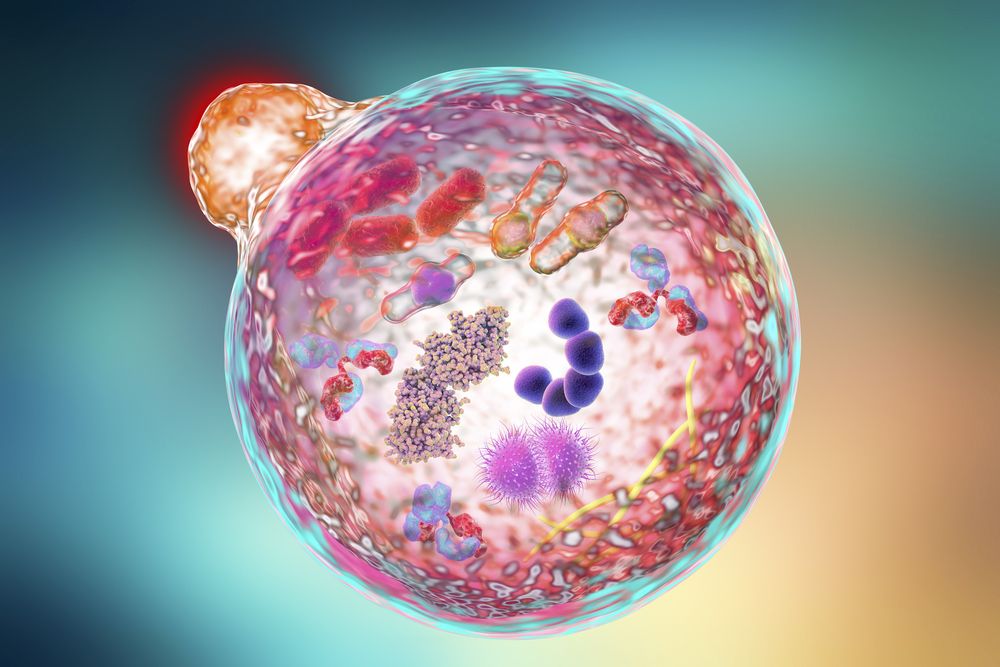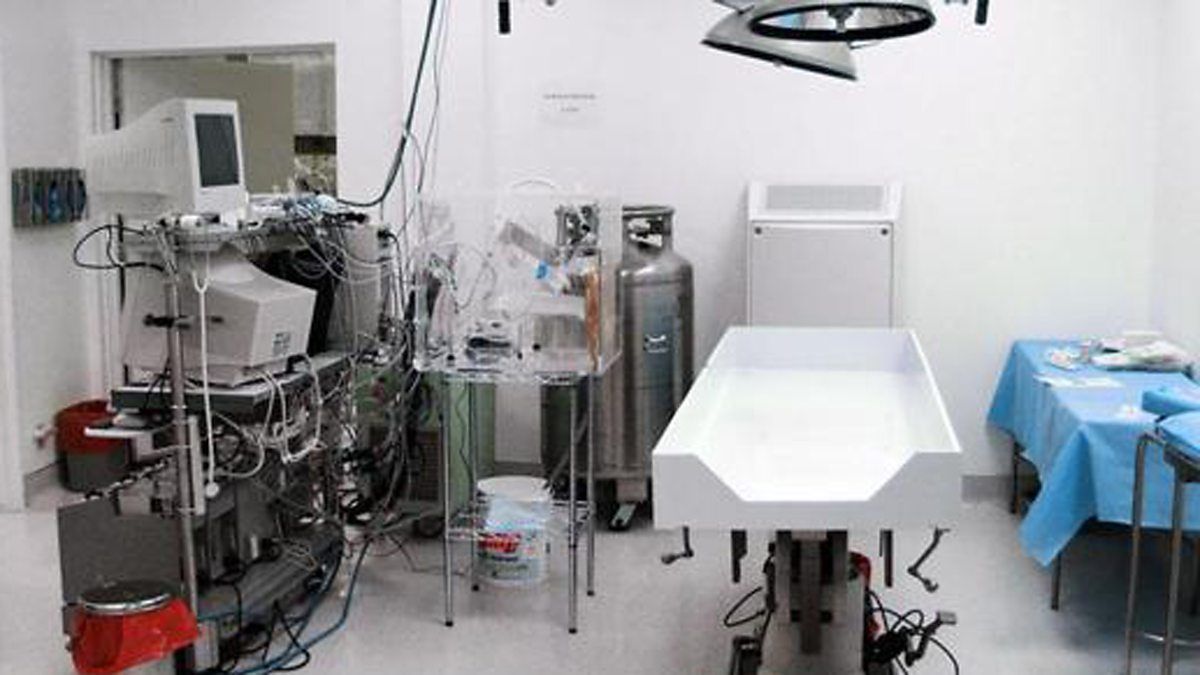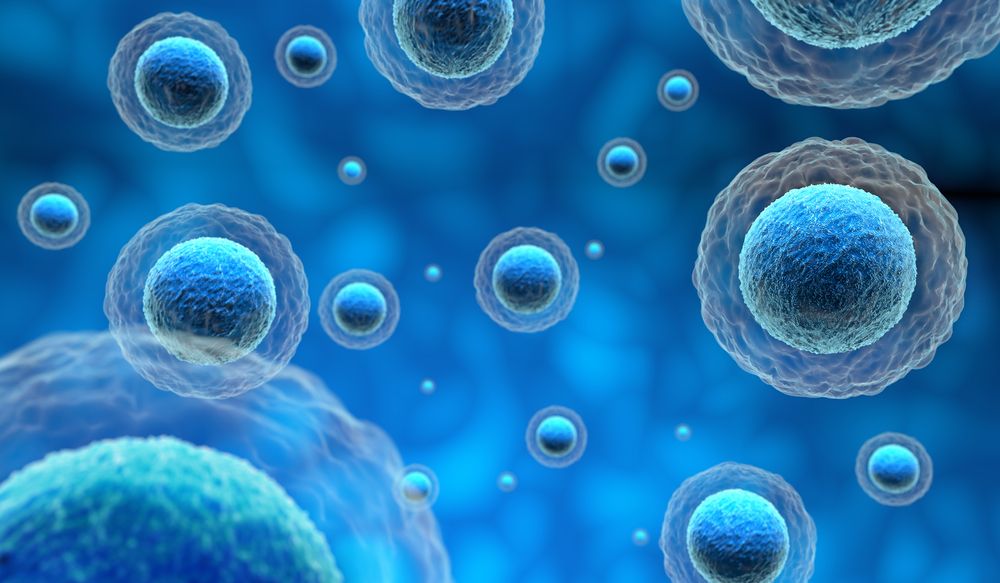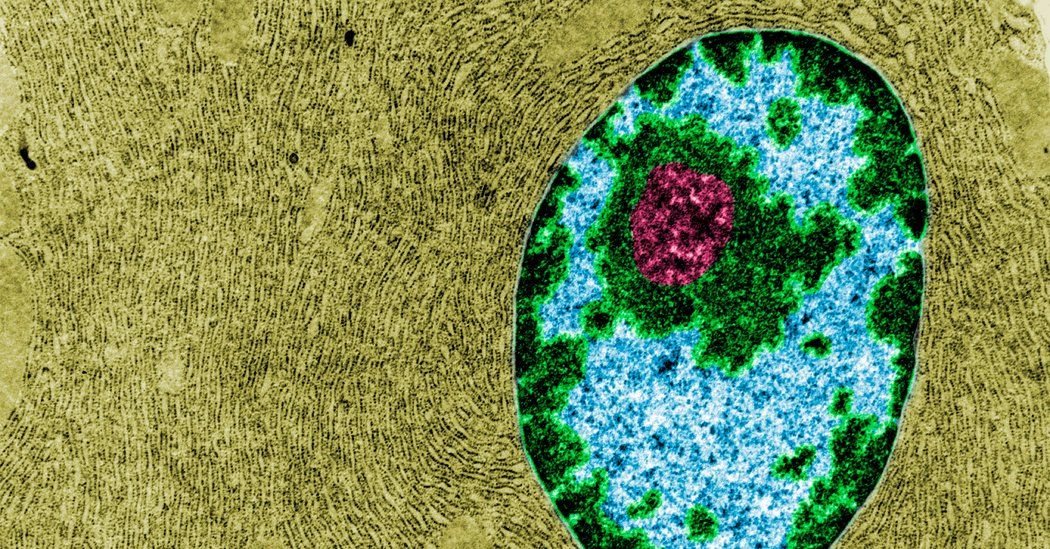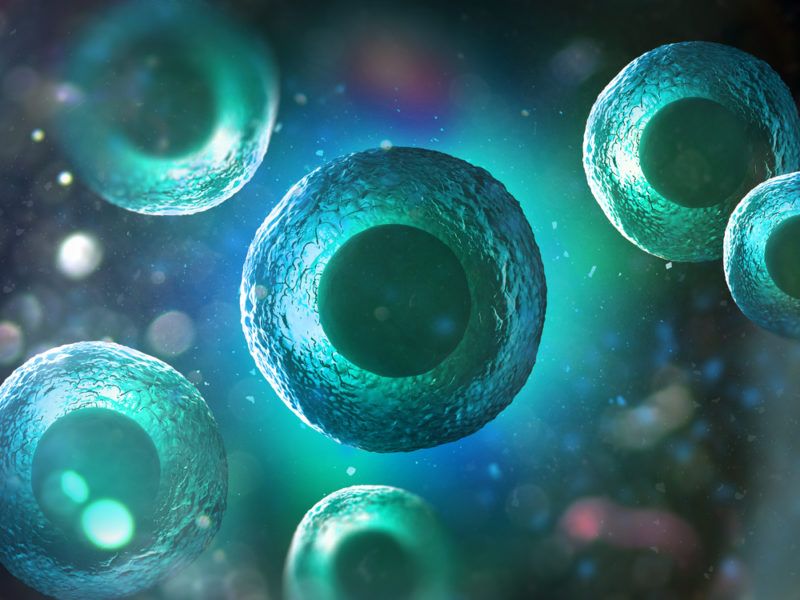
After NAD+ is consumed, it is broken down into nicotinamides and ADP-ribose; the researchers concluded that this means that NAD+ must be resynthesized following this in order for normal cellular functions to continue. This converges with previous studies, which suggest that NAD+ decline leads to changes in metabolism and an increased risk factor for some diseases; this typically happens as the result of aging, as NAD+ levels begin to fall.
With this in mind, the research team thought that cellular metabolism and gene regulation were potentially connected to NAD+ synthesis. They discovered evidence suggesting that compartmentalized NAD+ synthesis and the subsequent consumption are integrated with glucose metabolism and adipogenic transcription as part of the adipocyte differentiation process.
NAD+ synthesis acts as a mediator of PARP-1-regulated transcription during the differentiation of adipocytes, linking cellular metabolism and the adipogenic transcription process. During adipogenesis, nuclear NAD+ levels fall, causing the induction of NMNAT-2, the cytoplasmic NAD+ synthase. This increased level of NMNAT-2 then reduces the availability of NMN and leads to a reduction of nuclear NAD+ synthesis via NMNAT-1. The drop in NAD+ levels then results in decreased PARP-1 activity, which then reduces levels of inhibitory ADP-ribosylation of the adipogenic transcription factor C/EBPβ. Reduced ADP-ribosylation of C/EBPβ means that it is able to bind its target genes, thus promoting the differentiation of preadipocytes into adipocytes. In other words, a decline of NAD+ encourages an increase of preadipocytes turning into adipocyte fat cells.
Read more

